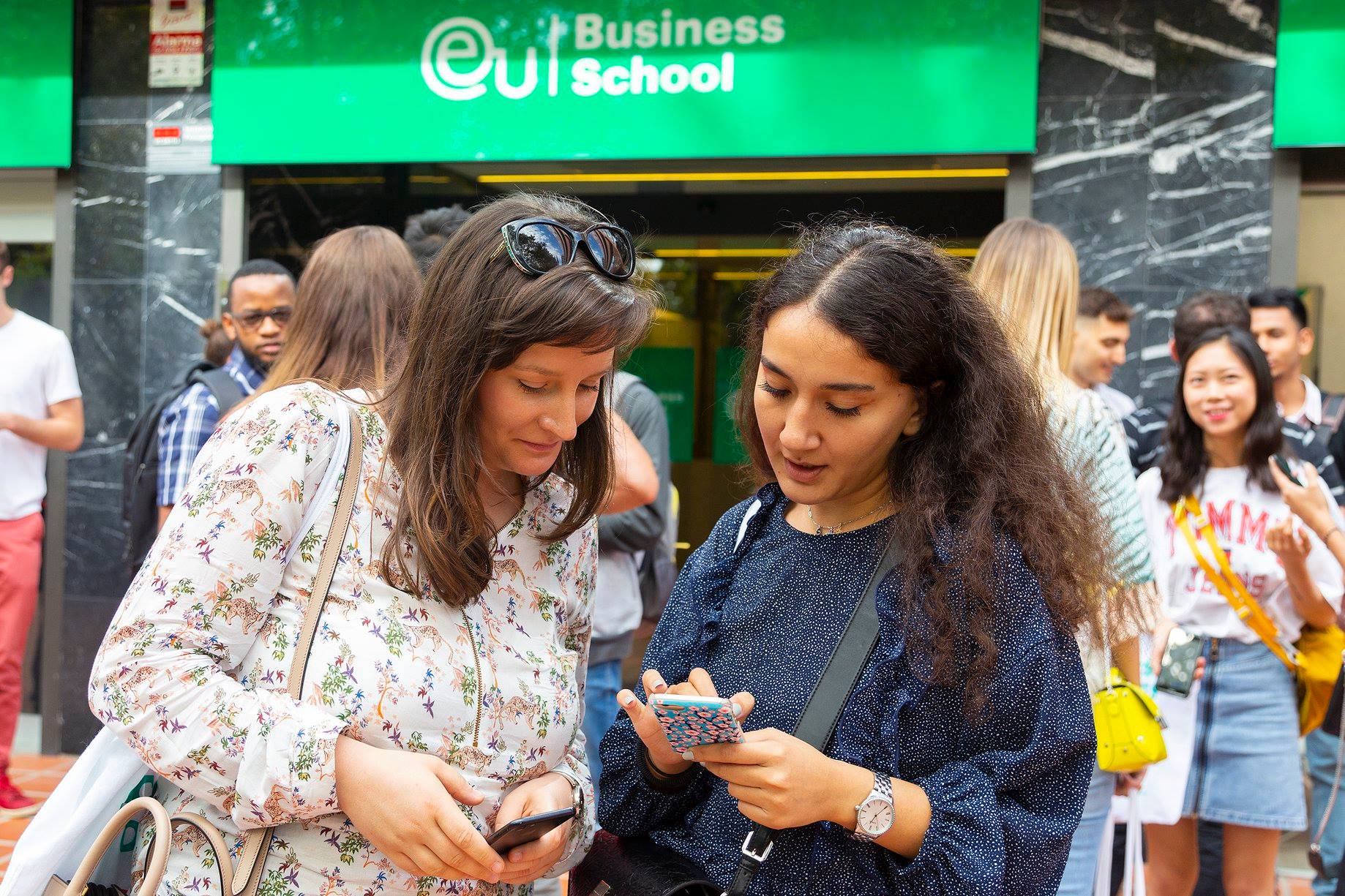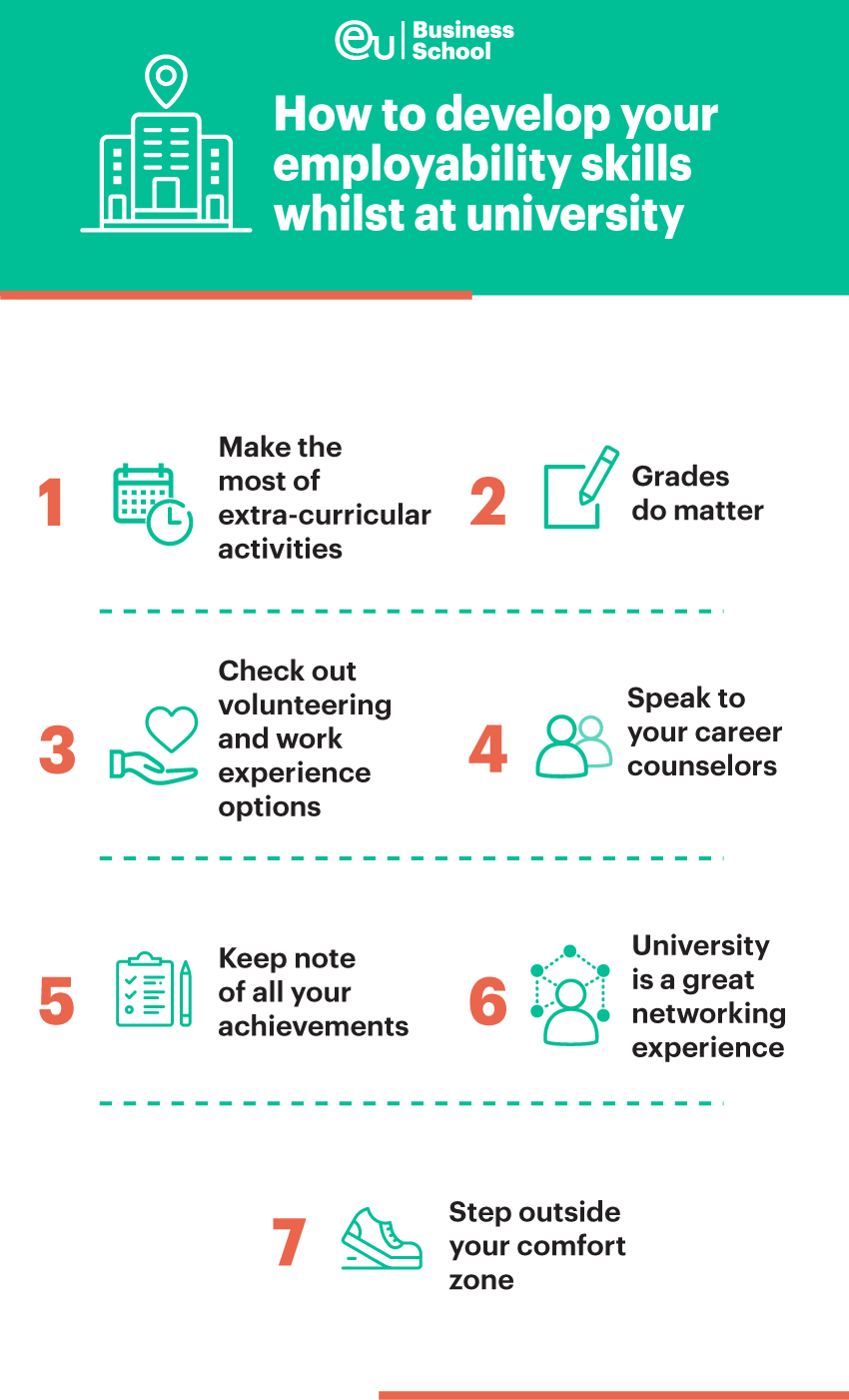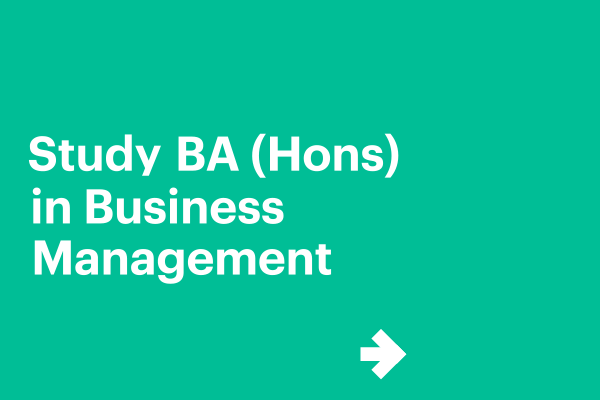How To Develop Your Employability Skills Whilst at University
University is the perfect time to make new friends, learn new skills and live independently. However, the main reason many people choose to undertake their studies is to improve their employment chances upon graduation.
Having a university degree can significantly boost your employability, but the job market is also extremely competitive.
Hundreds of thousands of students graduate every year and many may be applying to the exact same job positions as you. If you all have a degree and high grades, it may take a bit more to stand out.
Your employability doesn’t just come down to your grades and your academic achievement, it can be based on a range of different skills – many of which you can develop while you’re at university.
Here are some of the things you can do to make yourself more attractive to employers.
1. Make the most of extra-curricular activities
University is a unique time in your life where you’ll be spoilt for choice when it comes to extracurricular activities.
Whether you want to learn a new skill, get involved in a sports team, or make new friends, there’s always a range of clubs and after-lecture activities you can take up.


Even though you have to work hard at university, you should also make time to do the things that you enjoy. Joining a club is a great way to release stress, make friends, and take your mind off your studies for a few hours every week.
Not only are extra-curricular activities perfect for your mental health, but they could also be the key to getting a job when you graduate.
Showing that you have interests outside of studies that you’re passionate about can prove to potential employers that you’re a hardworking person who can balance different aspects of their life. Regular participation in clubs and sports also demonstrates commitment.
These activities can also give you valuable teamworking, communication and management skills – qualities that all employers look for in potential candidates.
2. Grades matter
In addition to all the above, don’t forget about the importance of good grades.
During your time at university, it’s important to work hard, try your best and get the highest grades that you can in order to impress employers.
The university experience is about balance, however, so if you’re able to combine high grades with the range of different points we cover below, you’ll have an excellent CV that will help you to find work after graduating.
3. Check out volunteering and work experience options
Many people do not have work experience when they graduate from university, but if you’re able to get some before graduation, you’ll be able to really stand out to employers.
Many organizations like to employ people on a voluntary basis, as it’s free to work for them, and it’s good for you as you can help make a difference and have something you can put on your CV.
Whether you volunteer at your university, a local business, or a charity, it’s a great opportunity to start developing those all-important professional skills as early as you can.
You may also be able to find work experience opportunities during your studies, especially during the summer, or in breaks throughout the year. Whether it’s for a short amount of time or for an entire 12 months between study years, working can be an extremely valuable experience.
In addition, if you’re able to get work experience at a company you’re interested in during your studies, you’ll have a much higher chance of being recruited by the organization once you graduate.
4. Speak to your career counsellors
Your university career counsellors are there to help you boost your employability and find the right career for you – make sure you take advantage of all the help and advice they can provide.
Career advisors can help you with a range of different things related to employability. From helping you to decide which industry you want to work in, to improving your CV.


5. Keep note of all your achievements
If you’re waiting until graduation to start getting your CV and cover letters ready for potential employers, you run the risk of forgetting the different achievements obtained throughout your studies.
We recommend keeping a log – which can be on your computer, or in a physical folder – where you keep a record of all the things you’ve done during your time at university that an employer might be interested in.
You can include things like good grades, feedback from professors, or things like your sports team winning a competition.
Employers like to see practical examples of the things you’ve done, so it’s useful to keep a record of your personal development both academically and within your extra-curricular activities.
6. University is a great networking experience
University is designed to get the best out of students and prepare them for a successful career after graduation. As such, there will typically be a range of networking opportunities that you can take up.
Many universities hold regular careers fairs where employers come and talk to students about their company, and what it could be like working for them. It’s important to attend these events as they are important opportunities to meet industry professionals and make connections with people who work at the companies you’re interested in.
You can also network with the people you meet in your lectures – you never know when another student could help you get a job, give you a recommendation, or introduce you to someone who could help your career.
7. Step outside your comfort zone
Our final tip is not to be scared of leaving your comfort zone. Employers are often looking for interesting people who have a well-rounded set of skills and experiences.
Put yourself out there and take every opportunity that comes your way as you never know when it could come in useful during a job application.


Boost your employability at EU Business School
If you want to prepare yourself for a career in business, we have a range of courses that can help you develop your skills and knowledge.
We also offer students plenty of extra-curricular options. Find out more about life at EU Business School.












